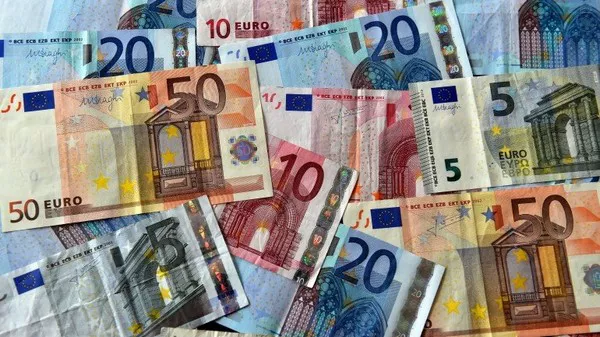The foreign exchange market is one of the most volatile and unpredictable markets in the world, with currencies fluctuating constantly. One of the most frequently asked questions by traders and investors is whether a particular currency will rise or fall in the near future. In this article, we will attempt to answer the question: Will the Euro go up next week?
Overview of the Euro
The Euro is the official currency of the European Union, which was introduced on January 1st, 1999. It is currently used by 19 of the 27 member states of the European Union, making it the second-most widely traded currency in the world after the US Dollar. The Euro has a unique position in the global financial system as it is not only used for international trade and investment but also as a reserve currency.
Factors that Affect the Value of the Euro
The value of the Euro is affected by a multitude of factors, including economic indicators, political developments, and central bank policies. Here are some of the key factors that can influence the Euro’s value:
Economic Indicators
Economic indicators play a crucial role in determining the direction of a currency. Some of the key economic indicators that can impact the Euro include GDP growth rate, inflation rate, unemployment rate, and trade balance. If the Eurozone economy performs well and these indicators show positive trends, the Euro is likely to rise against other currencies, and vice versa.
Political Developments
Political events such as elections, government policies, and international relations can also affect the value of the Euro. Political stability and good diplomatic relations with other countries can boost investor confidence, leading to an increase in demand for the Euro. On the other hand, political instability or tensions between countries can cause uncertainty and lead to a decrease in demand for the Euro.
Central Bank Policies
The decisions made by the European Central Bank (ECB) can have a significant impact on the Euro’s value. The ECB controls the monetary policy for the Eurozone, including setting interest rates and implementing quantitative easing programs. If the ECB announces measures to stimulate the economy or raise interest rates, it can lead to an increase in demand for the Euro.
Technical Analysis
Traders also use technical analysis to predict the future direction of currencies. Technical analysis involves analyzing charts and patterns to identify trends and potential price movements. This approach can be useful in determining levels of support and resistance, which can provide guidance for traders.
Outlook for the Euro Next Week
Predicting the future direction of any currency is a challenging task as there are many factors that can influence its value. However, based on the current economic indicators and political developments, the outlook for the Euro next week appears to be positive.
- Firstly, the Eurozone economy has shown signs of improvement in recent months. According to Eurostat, GDP growth increased by 0.4% in the first quarter of 2023, while the unemployment rate decreased to 7.6%. Moreover, inflation in the Eurozone has remained stable at around 2%, which is within the ECB’s target range.
- Secondly, the European Union has made progress in resolving some of its political issues. For instance, the recent agreement between the EU and the UK on post-Brexit arrangements has reduced uncertainty and improved investor sentiment. Additionally, the EU has strengthened its ties with other countries through trade agreements, such as the recently signed EU-Japan Economic Partnership Agreement.
- Finally, the ECB has taken measures to support the Eurozone economy. In March 2023, the ECB launched a new round of long-term loans to banks, aiming to provide additional liquidity to the banking system. Moreover, the ECB has indicated that it will maintain its accommodative monetary policy stance until inflation reaches its target level.
Conclusion
In conclusion, predicting the future direction of any currency is challenging, and the Euro is no exception. However, based on the current economic indicators, political developments, and central bank policies, the outlook for the Euro next week appears to be positive. As always, traders and investors should keep a close eye on market developments and adjust their positions accordingly.
Related topics:
- Why Ukraine wants to join the EU?
- Will the Euro rise or fall in 2023?
- Will GBP/EUR strengthen in 2023?


